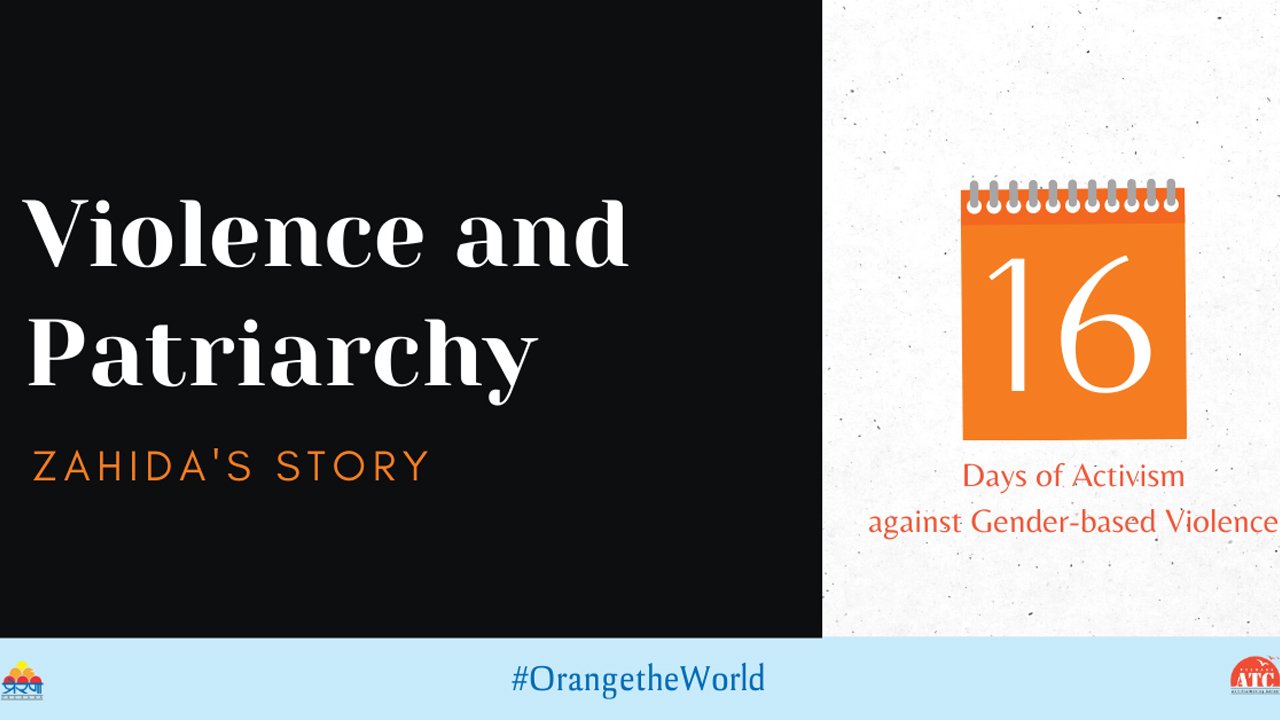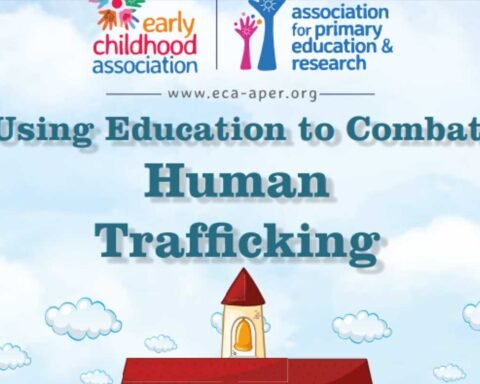Azra Qaisar
Documentation and Communications Manager, ATC
Inputs by Ms. Mugdha Dandekar, Project Head, NCC
Zahida (name changed) is one of the mothers whose child stays in our Night Care Center. She lives in one of the brothels in Kamathipura with her admi (fancyman). As is the case with many women in the red-light area, she also often suffers domestic violence at the hands of her partner.
In Zahida’s case, the violence significantly increases when her partner’s mother comes to stay with them. She tells the outreach workers that the mother instigates her partner to get more violent with her, and not ‘tolerate her mistakes’. When the outreach workers meet her, she often does not even disclose that she has been a victim of violence. When the workers enquire about the bruises on her face and body, she just says “Seedhi se gir gayi bai” (I fell down the stairs, Bai). We respect her decision to not talk about it but the team has tried to get her assistance. Zahida, however, is reluctant to seek any help. She feels helpless thinking her partner may abuse her children too. The team has tried to convince her to seek help, but so far, she is hesitant.
Gender-based violence of any form is a structural product of patriarchy, and many times women can aid in incurring violence. Zahida’s partner’s mother was acting as a trigger for further violence. In Zahida’s case, we observed that women are often unable to leave abusive situations as they worry for their children’s well-being, and may also feel that they don’t have the agency to take action.










Follow